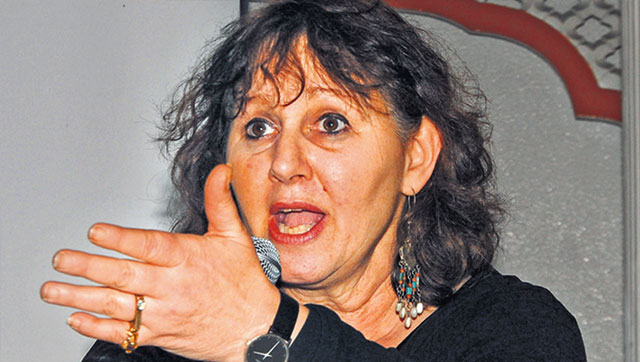New Delhi: The Delhi high court refused to lift a ban on the broadcast of a controversial BBC documentary on the December 2012 gang rape on Thursday, saying it was not against the airing of the film, but the Supreme Court should decide on the convicts’ appeal first.
The court was hearing two public interest litigation filed by three law students to appeal against the ban on the documentary, India’s Daughter, which authorities said could fuel public anger.
“Media trials do tend to influence judges. Subconsciously a pressure is created and it does have an effect on the sentencing of the accused/convict,” a two-judge bench headed by Justice Badar Durrez Ahmed said.
The bench declined to pass any interim orders on the issue, saying it would be appropriate for the chief justice of the court to decide the case. The matter was listed for hearing on March 18.
The film that features an interview with one of the convicts – Mukesh Singh— ran into controversy, with critics saying it gave the rapist an opportunity to justify his acts and could encourage copycat crimes.
Singh and four others were convicted in September 2013 and sentenced to death, but their appeals are pending in the Supreme Court.
The high court said airing the documentary – which depicts Singh and the defence lawyers making shocking and derogatory statements about women in general and the victim specifically – would “interfere with the justice system.”
It could, said the judges, ruin the appeals of all the convicts, especially Singh.
“Whether he has shown remorse or not would be considered at the time of his sentencing. Why not wait till the Supreme Court decision?” asked the court, while adding that the ban set a precedent to gag all reporting of sub-judice matters.
During the hearing, the central government opposed the airing of the documentary, saying it would give a platform to Singh to air his views and it also contains derogatory statements against the victim.
Delhi Police approached a lower court last week to prevent the broadcast on International Women’s Day. But after it was shown on BBC4 in the UK, the documentary made by British filmmaker Leslee Udwin went viral on the internet, attracting a huge audience in India and sparking widespread discussion.
The petitioners said the injunction on cable networks to air the documentary was of little use, as the government failed to curb the film’s popularity on online channels such as YouTube and the whole country had more or less seen the film without any law and order problems.

